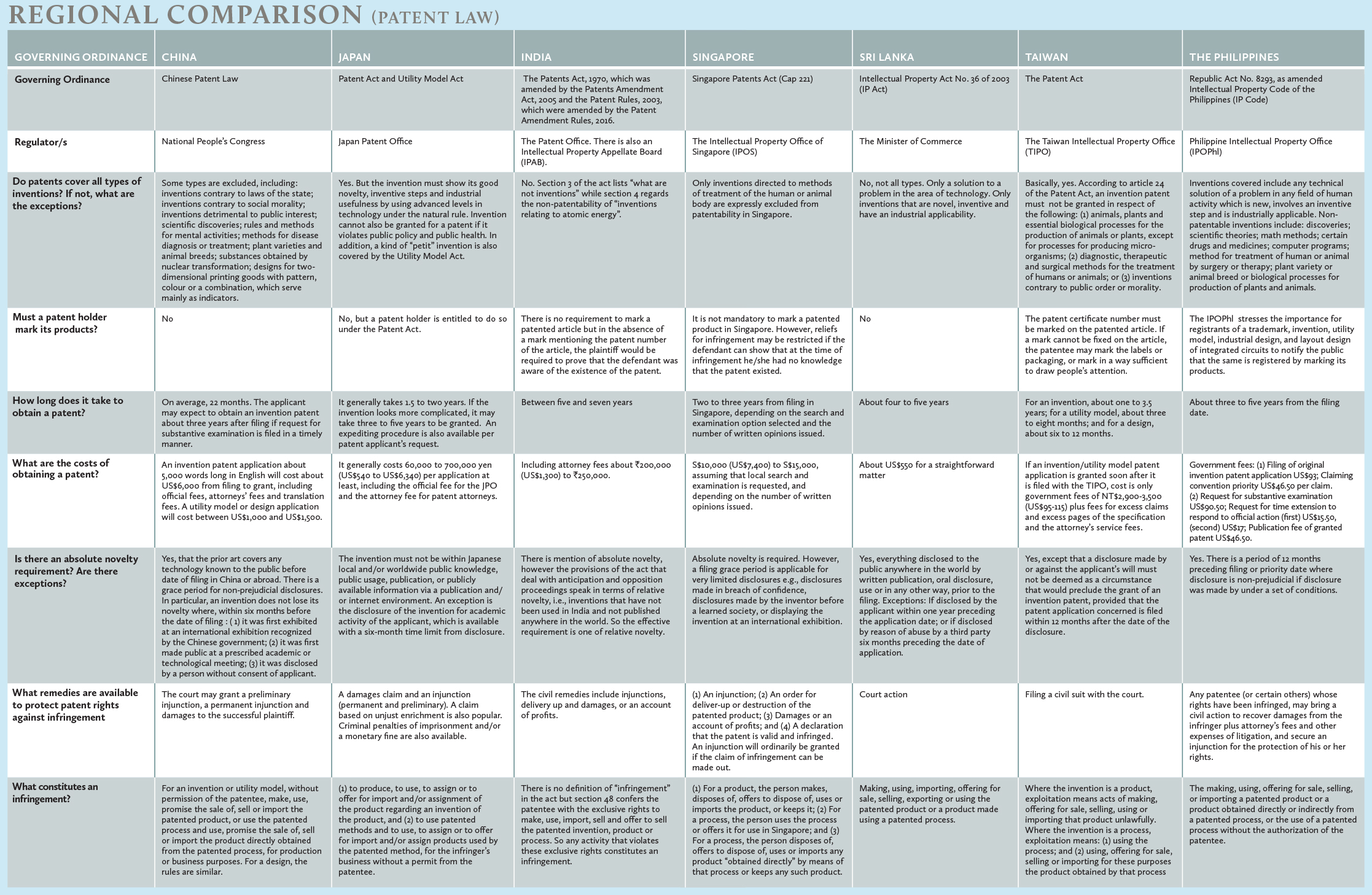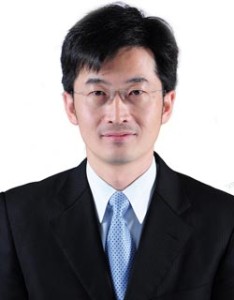Patent laws in the region vary in their effectiveness. Regulations across jurisdictions to crack down on infringers are in a constant state of renewal and revision in order to stay ahead of those who steal intellectual property. Keeping the trolls at bay depends on staying abreast of regional developments in patent law

Navigation
China | India | Japan | Singapore | Sri Lanka | Taiwan | The Philippines
Taiwan
Taiwan is known for its beautiful scenery and strong semi-conductor technology. But you may not know that the Taiwan Intellectual Property Office (TIPO) is one of the top 10 patent offices in the world. In 2016, 72,000 patent cases were filed with the TIPO, more than the 66,000 cases in Germany, which makes Taiwan the sixth-largest patent office. In 2016, Lee and Li filed 6,400 patent cases for its clients in Taiwan, which is about 9% of the total national filing.

Partner
Lee and Li Attorneys at Law
Tel: +886 2 2715 3300 (ext. 2177)
Email: rogerchang@leeandli.com
With 70 years of experience in prosecuting and litigating patents, Taiwan is now moving towards the following trends in latest patent practice.
First, the legal standard in judging the existence of an inventive step has always been challenging, not only in Taiwan but in other jurisdictions all over the world. Before the IP Court, patents held invalid by judges in patent infringement suits rose to 69% in 2010, but had dropped to 35% in 2016. This demonstrates that case law has tried to adjust the legal standard to be friendlier to patent holders. Effective from July 2017, the TIPO has started applying new patent examination guidelines with respect to the inventive step, which places more effort on trying to avoid hindsight. The IP Court’s case law and the TIPO’s practice have clearly shifted to becoming friendlier towards IP.
You must be a
subscribersubscribersubscribersubscriber
to read this content, please
subscribesubscribesubscribesubscribe
today.
For group subscribers, please click here to access.
Interested in group subscription? Please contact us.
你需要登录去解锁本文内容。欢迎注册账号。如果想阅读月刊所有文章,欢迎成为我们的订阅会员成为我们的订阅会员。
LEE AND LI Attorneys at Law
7/F, 201 Tun Hua N. Road
Taipei, Taiwan 10508, ROC
Contact details:
Tel: 886-2-27153300
Fax: 886-2-27133966
Email: attorneys@leeandli.com
www.leeandli.com


























